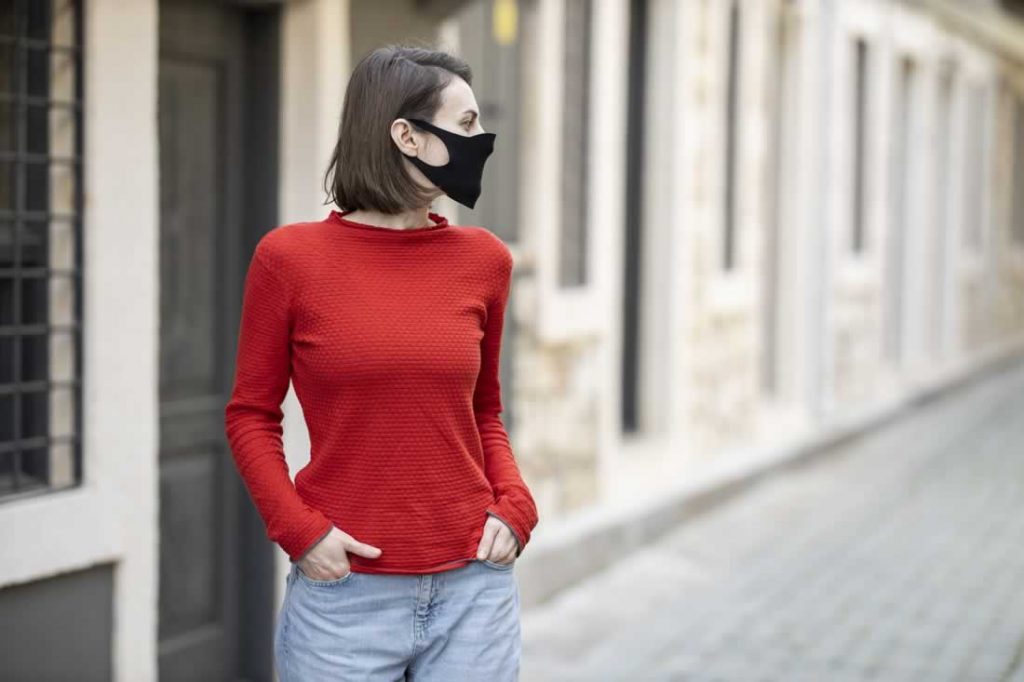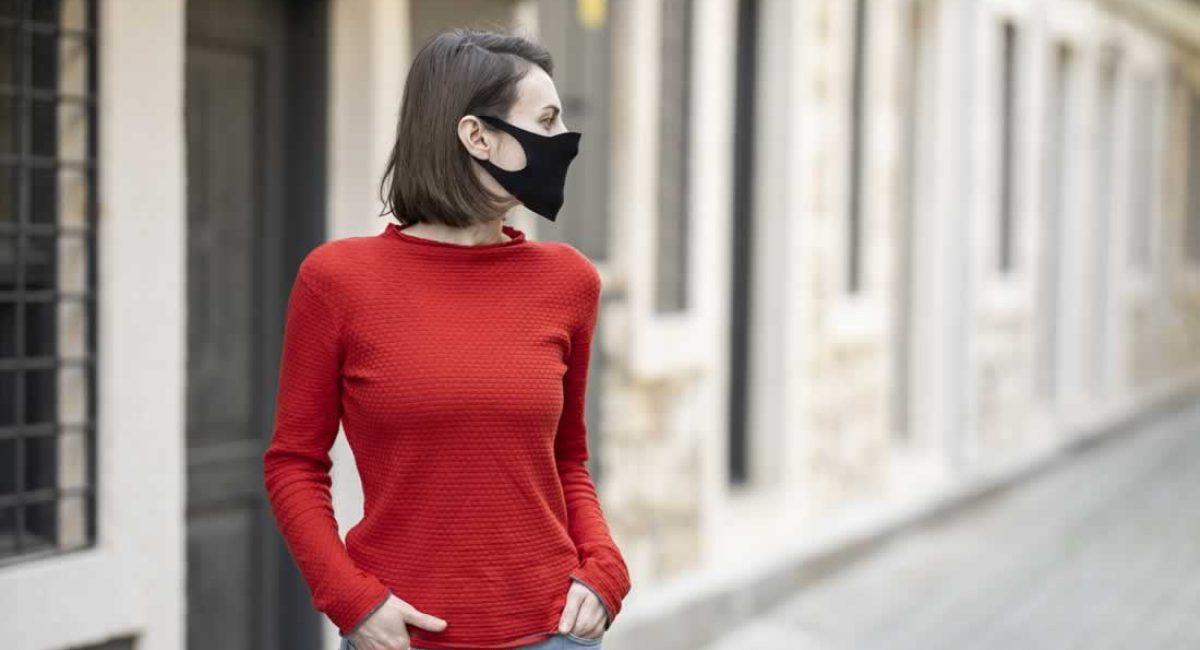Holiday Travel Tips from an Infectious Disease Specialist
Two of the biggest travel holidays, Thanksgiving and Christmas, are just around the corner, and travelers are debating whether they should meet up with friends and family. An infectious disease specialist encourages everyone to assess what they consider is an acceptable amount of risk in their lives, and follow precautions accordingly.
Holiday Travel Tips From an Infectious Disease Specialist
From Getting a Flu Shot to Quarantining Before Gathering, Catherine Le, MD, Says the 2020 Holidays Are All About Reducing Risk
Newswise — LOS ANGELES (Nov. 19, 2020) — With the two biggest travel holidays – Thanksgiving and Christmas – around the corner, many are debating whether they should gather with family and friends as usual.
“There is no easy solution,” says Cedars-Sinai infectious disease specialist Catherine Le, MD. “When my patients ask me if it’s safe to travel or spend time together with loved ones, I talk to them about risk mitigation and encourage them to find what they consider is an acceptable amount of risk in their lives.”

Risk mitigation, according to Le, is an individual decision based on preparing for, or lessening the effects of, any type of threat. In today’s world, risk mitigation conversations are centered around being exposed to or contracting COVID-19.
“I can never say anything is 100% safe,” said Le. “But what I can do is encourage individuals to reduce their own risk and follow best practices, including avoiding interacting with large numbers of people, frequent hand-washing, wearing a mask, staying socially distanced whenever possible, and importantly, getting a flu shot.”
A flu shot not only lessens a person’s likelihood of contracting the flu but helps ensure healthcare systems do not become overwhelmed with flu and COVID-19 patients at the same time.
“If we have a patient who has both the flu and COVID-19, it could be disastrous on the individual level, but also disastrous for the healthcare system,” said Le. “If there are more sick patients than hospitals can accommodate, it causes problems for the community in general.”
Le has additional recommendations for those who insist on visiting or hosting relatives and friends:
Traveling by air: The most important thing to avoid is airport congestion, says Le, who recommends being aware of your surroundings and trying to maintain social distancing whenever possible. She also recommends checking airline policies, as they vary across companies.
“Not all airlines are blocking middle seats, so take the airline’s policy into account before booking,” said Le. “Also, travel with a 70% alcohol-based sanitizer, use sanitizing wipes on your airplane seat and tray table, and, wear your mask the entire time.”
Hosting holiday guests: Is it safe to host guests in your home for a holiday meal? And, what about having visitors stay overnight in your home?
“This is a really hard discussion and choice,” said Le. “Before opening your home, you should do a risk assessment. If anything gives you reason for concern, then consider alternative ideas.”
Le strongly urges all holiday hosts follow mandates from the Los Angeles Department of Public Health (LADPH), which prohibits gatherings of more than three households – including hosts and guests.
If you move forward accommodating three households or less of guests, Le says to again follow LADPH guidelines, which state that all gatherings should be held outdoors and participants should remain socially distanced. If being outdoors is not an option, Le says to at least open windows and doors to increase airflow.
Le also recommends frequent sanitation of high-touch surfaces like door handles, bathroom sinks, light switches and refrigerator doors.
“If possible, I recommend cleaning those high-touch surfaces at least once a day,” said Le, “although high-touch surfaces are becoming less of a concern as we learn more about how the disease is transmitted.”
The ideal situation, says Le, is if all parties gathering together quarantine for 10 to 14 days prior to seeing each other and travel by car, which limits interaction with others. Le also suggests getting tested for COVID-19 before arriving at your destination.
“This is especially beneficial for those who may have COVID-19 but are asymptomatic and don’t know that they could infect their friends and families,” said Le. “However, even if a test is negative, you should still follow guidelines to only congregate outdoors, wear masks and remain physically distanced.”
Hotel lodging: “If you stay at a hotel, you have the option not to have housecleaning come into your room,” said Le. “That’s an extra level of protection.”
Food safety: Whether your holiday meal is homemade or catered, Le says the most critical aspect is keeping food covered in airtight containers until serving time to prevent contamination from respiratory particles. She also recommends waiting until it is time to eat to set the table or lay out serving pieces and having one, or two, masked people serve all guests after sanitizing their hands.
“It’s all about limiting exposure on high-touch surfaces like serving utensils,” said Le.
Declining invitations and handling tough conversations: If you have assessed your risk and decide to forgo holiday gatherings, Le says it is natural to feel badly about declining invitations or disappointing loved ones.
“But it’s not an unfounded fear to be worried about gathering with loved ones,” said Le. “The best advice I can offer is to be honest with your feelings and clear with how this choice affects you personally and emotionally.”


0 Comments